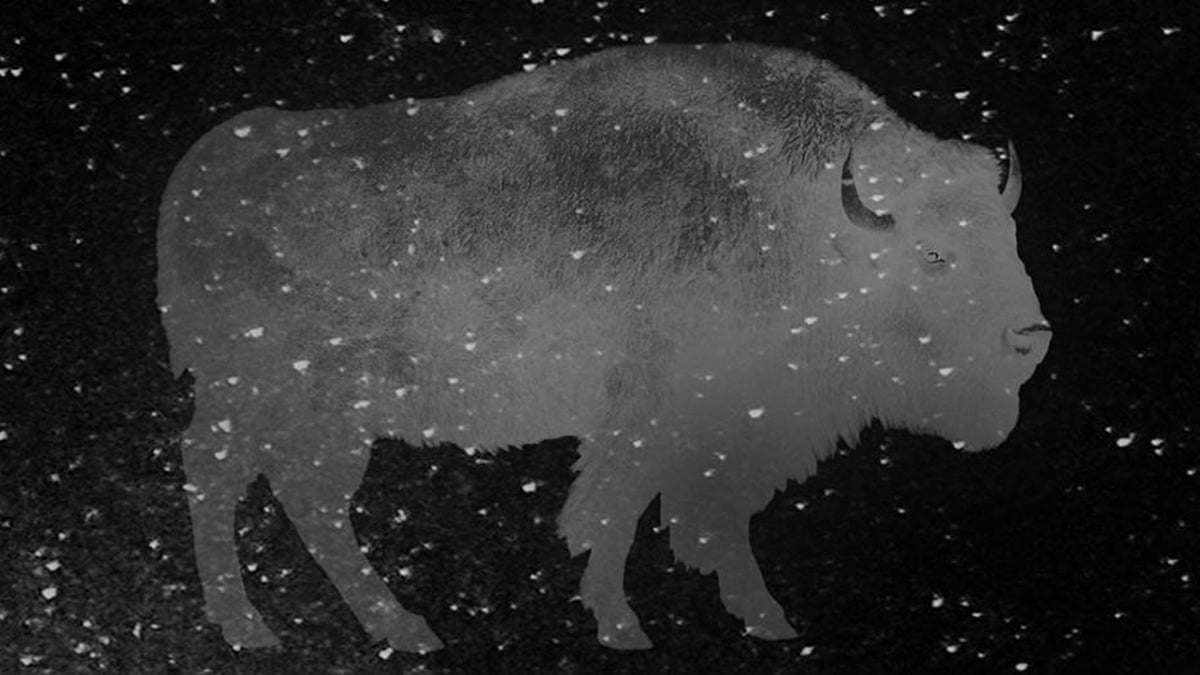This is an old link, but Robort Boyd has posted a slideshow he delivered on Comixploitation! that rounds up some of the more egregious examples of horrible artistic rip-offs in comics over the years, from Siegel and Shuster and Jack Kirby on to modern day matters:
So what’s it like for a comics freelancer today? I asked comics writer Chuck Dixon about it. He’s written many comics over the years for Marvel and DC, including various Batman comics for DC and Punisher comics for Marvel. His big claim to fame is that he co-created the popular Batman villain Bane, who was used as Batman’s antagonist in the most recent Batman movie. Because DC and Marvel have contracts now and can’t easily just steal every creative thought you have forever, artists now have various forms of equity sharing (but not, it should be said, a royalty or legal co-ownership). What that means in effect is that whenever Marvel or DC uses a character you created outside the comics medium, the creators share in some of the licensing money. Dixon told me that the licensing he got from Marvel was pretty paltry, and the licensing from movies was also really small due to the onerous contracts movie production companies have with the publishers. But that whenever Bane showed up as an action figure or in a video game, Dixon would get big checks. So even though he created the character in 1993 and hasn’t written comics for DC in a long time, he still gets paid by DC. Obviously an improvement over what Siegel, Shuster and Kirby got.
Kind of a nice little historical perspective on what we were talking about a few days ago with all the ongoing money matters talks. Tom Spurgeon also offered his take.
I worked in the comics industry at the tail end of a period where the whole thing might go right in the toilet on a month to month basis. What a lot of leaders from that generation did to keep the industry alive and give us multiple, esteemed generations of cartoonists is a remarkable thing. A cartoonist in a home making comics largely directed by their own artistic impulses, that is a victory. It always will be. The fact that things seem to be getting worse for almost everyone 10 to 20 years younger than that generation, that we still talk of young cartoonists that are in their late 30 and early 40s because we’re waiting for their careers to progress, this indicates to me a troubled landscape onto which the desire comics-makers will have to work in comics rather than pursue opportunities in other industries and media will be bled from them multiple cuts at a time.
Along the same lines, I noted a few weeks ago that TokyoPop seems to be making a comeback, and others have noticed as well and some are inking to a Beat classic post from 2008, Hey Dude, totally bad contract in which myself, Bryan Lee O’Malley, Lea Hernandez and other railed on about a very very bad contract Tpop was offering for a young creators contest. I don’t remember how extensive this iteration of the Manga Pilot Program was, but everyone should be forwarned that TokyoPop has an extremely had history of holding on to people’s creations after they signed crap contracts. I think the industry has changed a lot since then, but let’s look at this as a chance to get things right, not to repeat the sins of the past.









Robert Boyd is shocked — shocked! — to learn that big companies like Marvel and DC are in the business of making money, and will cancel a comic book that doesn’t sell, regardless of artistic merit. Has anyone told him the truth about Santa Claus and the Easter Bunny?
Comments are closed.